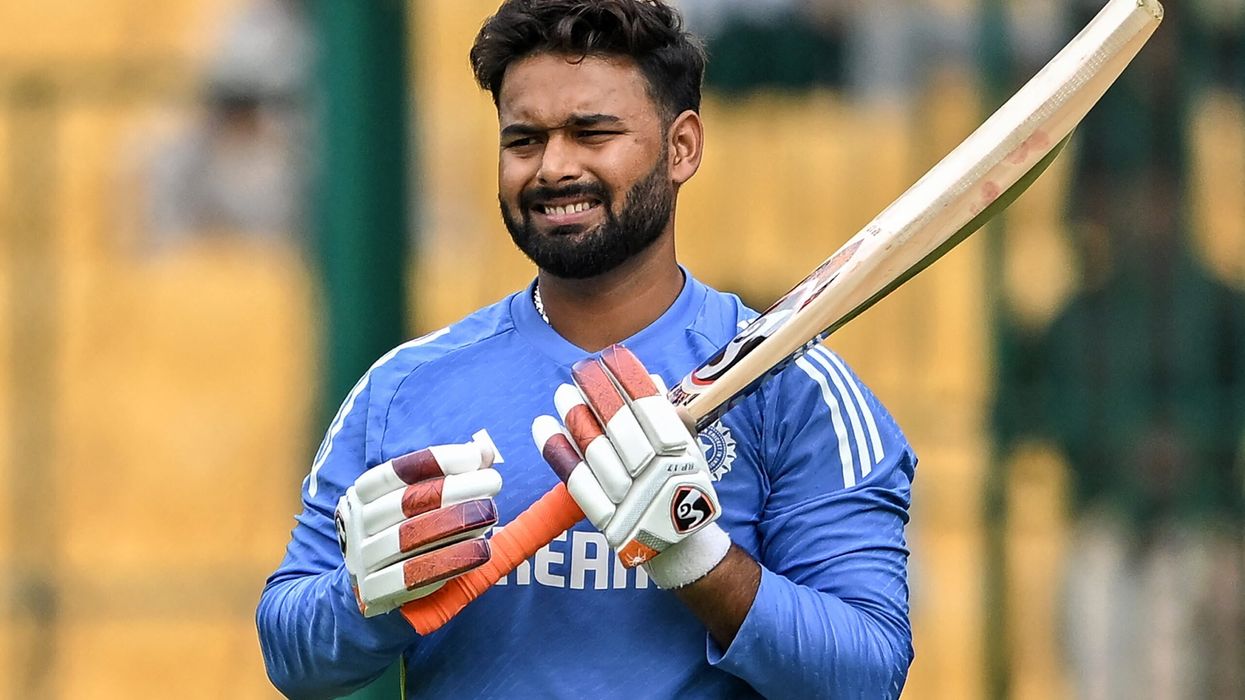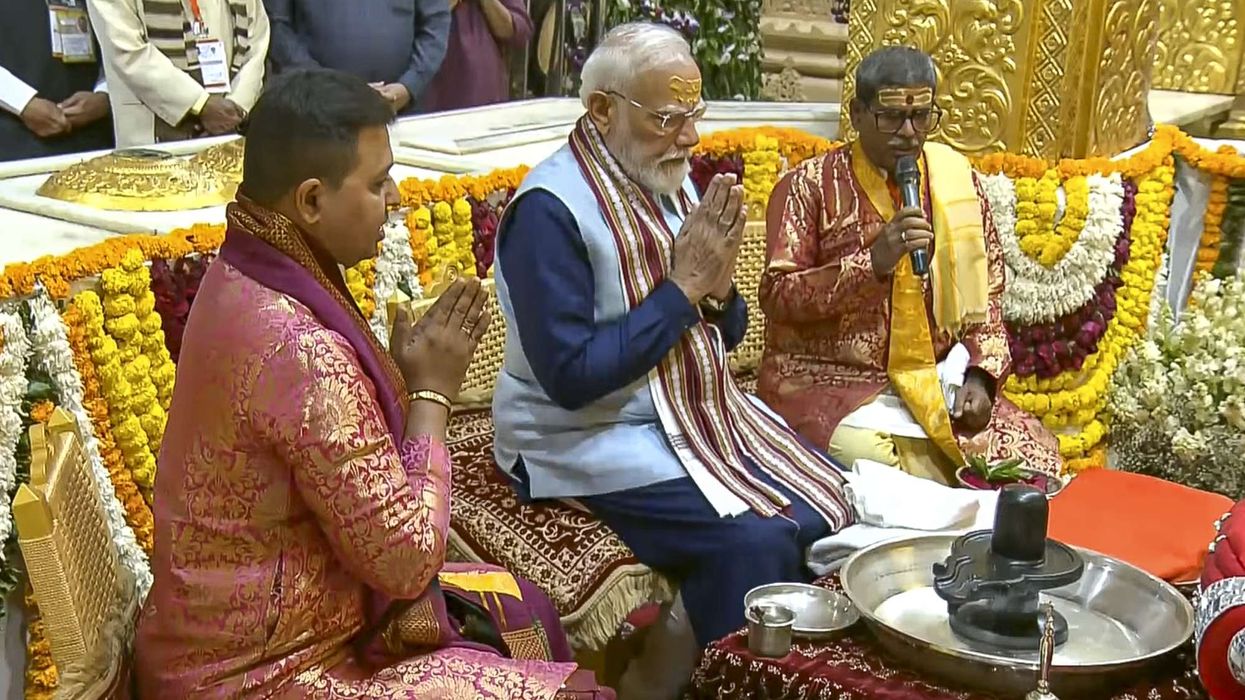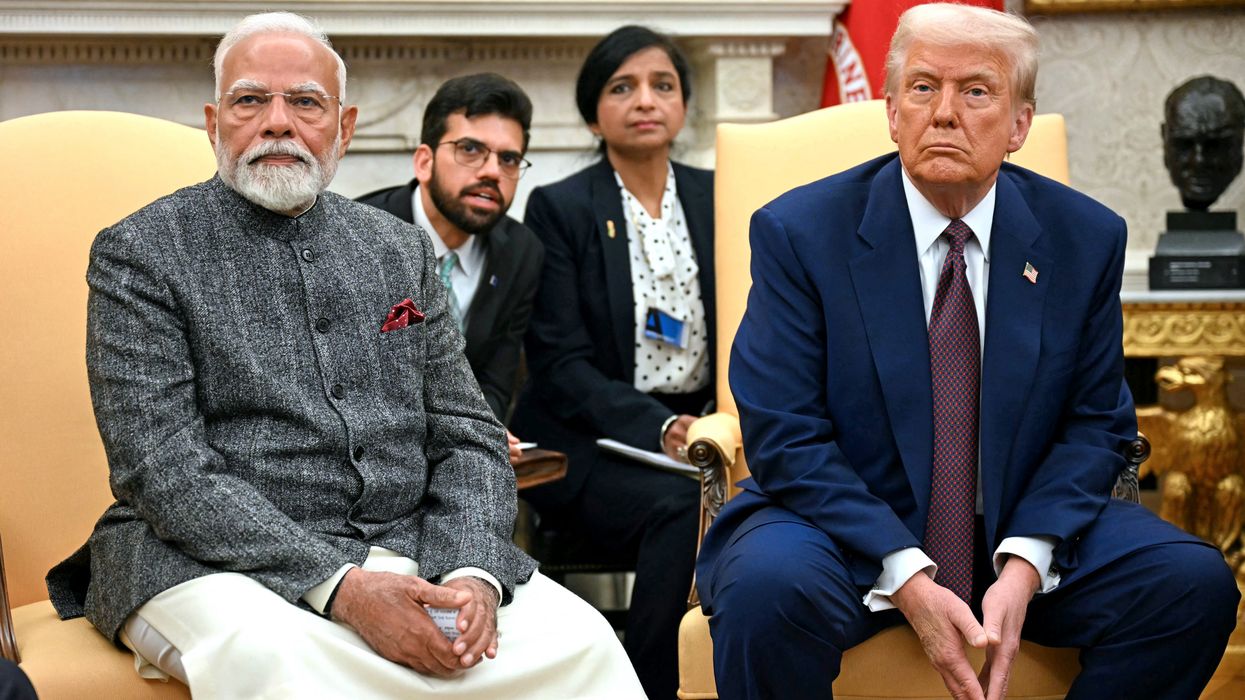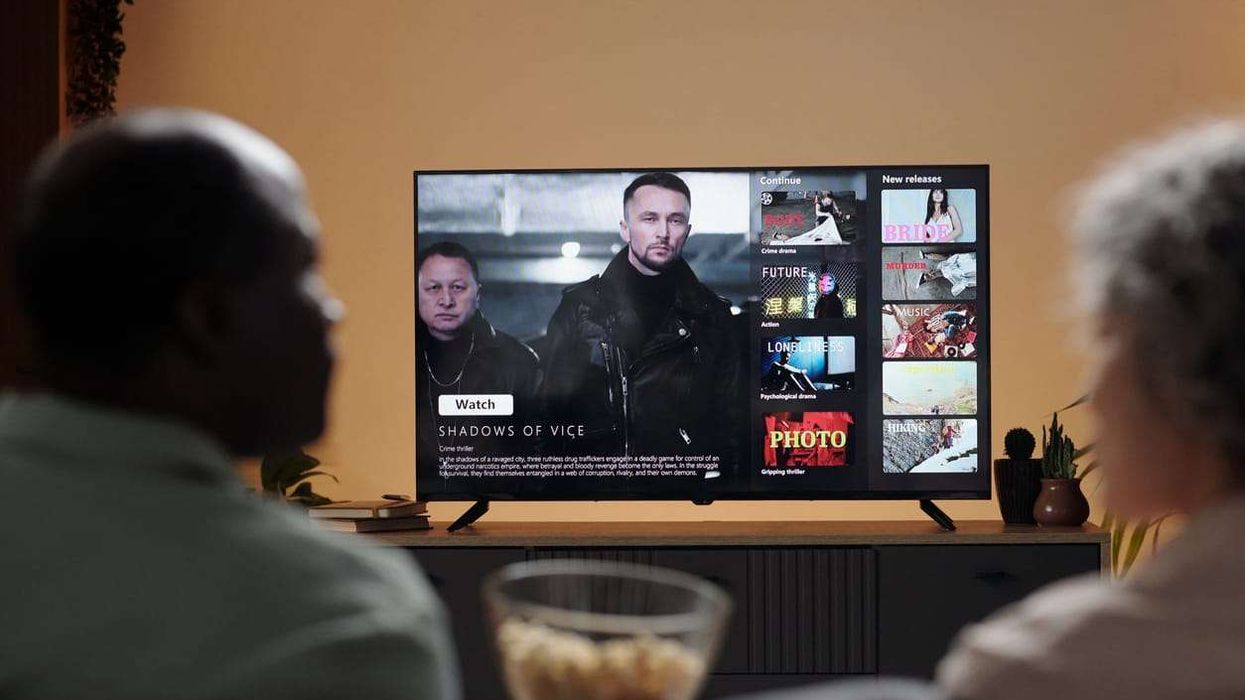INDIA and US trade negotiators will meet on Friday (12), with few signs of a compromise on a series of protectionist measures taken by the two governments in recent months that have strained ties between the strategic partners.
US president Donald Trump has been putting pressure on India to do more to open its markets, saying this week again on Twitter its high tariffs were "unacceptable".
Indian prime minister Narendra Modi, re-elected in May, has been pushing nationalist policies with higher tariffs on everything from electronic goods to tighter controls on foreign firms in the fast-growing e-commerce market to help foster domestic companies and create jobs for millions of youth.
A delegation led by Assistant US Trade Representative (AUSTR) for South and Central Asia, Christopher Wilson, will meet Indian officials to try and re-start negotiations on tit-for-tat tariffs that were put on hold because of India's election.
"Since India's election period has now passed, USTR officials are visiting India for relationship-building with Indian government counterparts," a USTR spokesperson said.
The USTR delegation is likely to meet Indian commerce minister Piyush Goyal along with key trade officials on Friday. The delegation is also likely to meet top officials at the IT ministry.
Trump and Modi met in Osaka on the sidelines of a G20 summit in June where they agreed to build ties between the two countries and sort out thorny trade issues.
At Friday's meeting, New Delhi expects US officials to push against India's efforts to mandate foreign firms to store more of their data locally, an Indian government official said.
Washington is also expected to seek revisions to foreign investment rules for the e-commerce sector that have forced companies such as Walmart Inc's Flipkart and Amazon.com Inc to rework their business strategies in the country.
"The meeting with USTR was meant to set the tone for further talks after a positive G20 discussion. But Trump's tweet has shown their intention is to continue with a tough stance," another official said.
One concern among Indian policymakers is that the Trump administration may push for a free trade agreement with India that could dent India's competitiveness, lead to a flurry of imports and hurt Modi's "Make in India" plan.
In a recent meeting, foreign minister Subrahmanyam Jaishankar told trade ministry officials that "Trump is clearly preparing for a larger game, a larger opening," according to one of the officials aware of the discussions.
Mark Linscott, a former USTR official wrote in India's The Hindu newspaper on Tuesday (9) that trade should be a bigger part of the India and US strategic partnership and that a free trade pact "is the ultimate example of economic integration."
Trade between and India and the US was worth $142.1 billion in 2018, with India having a surplus of $24.2bn.
"The direction that we would like is to pursue a deal which is mutually beneficial and not concede without reciprocity."
(Reuters)











